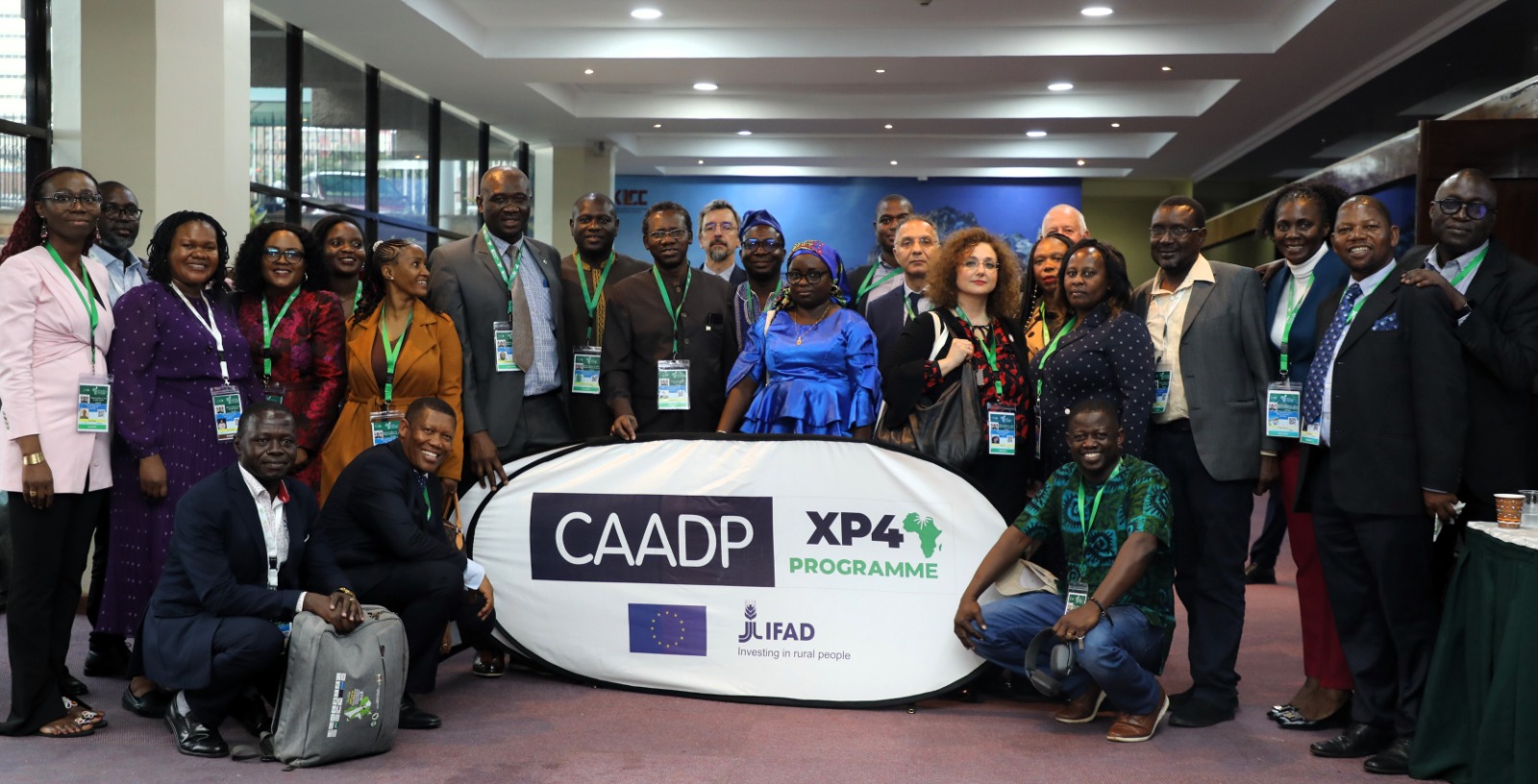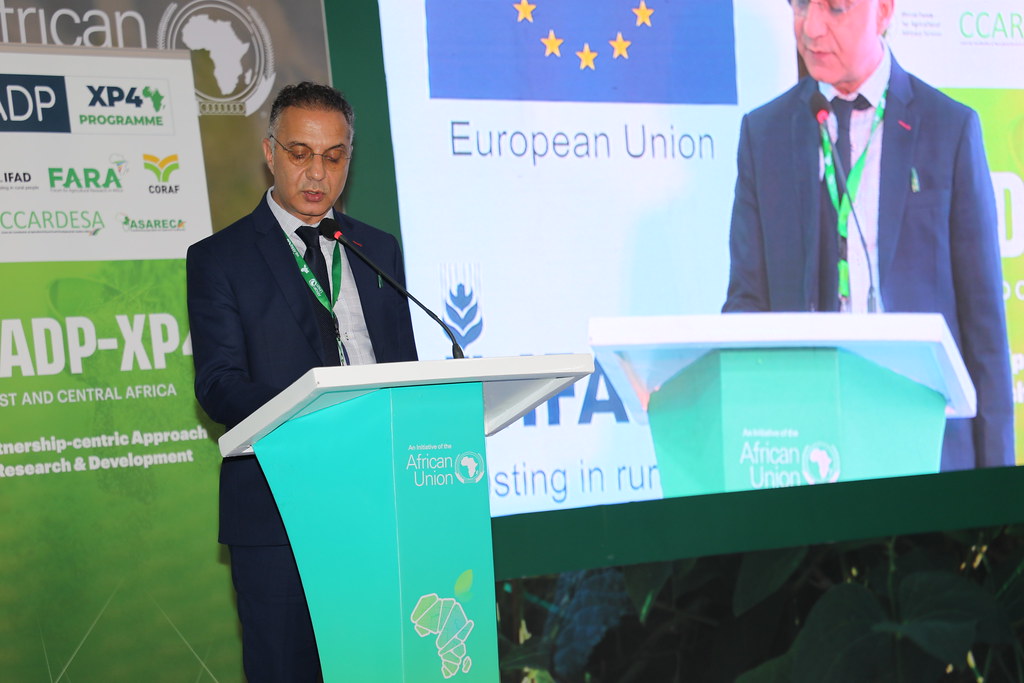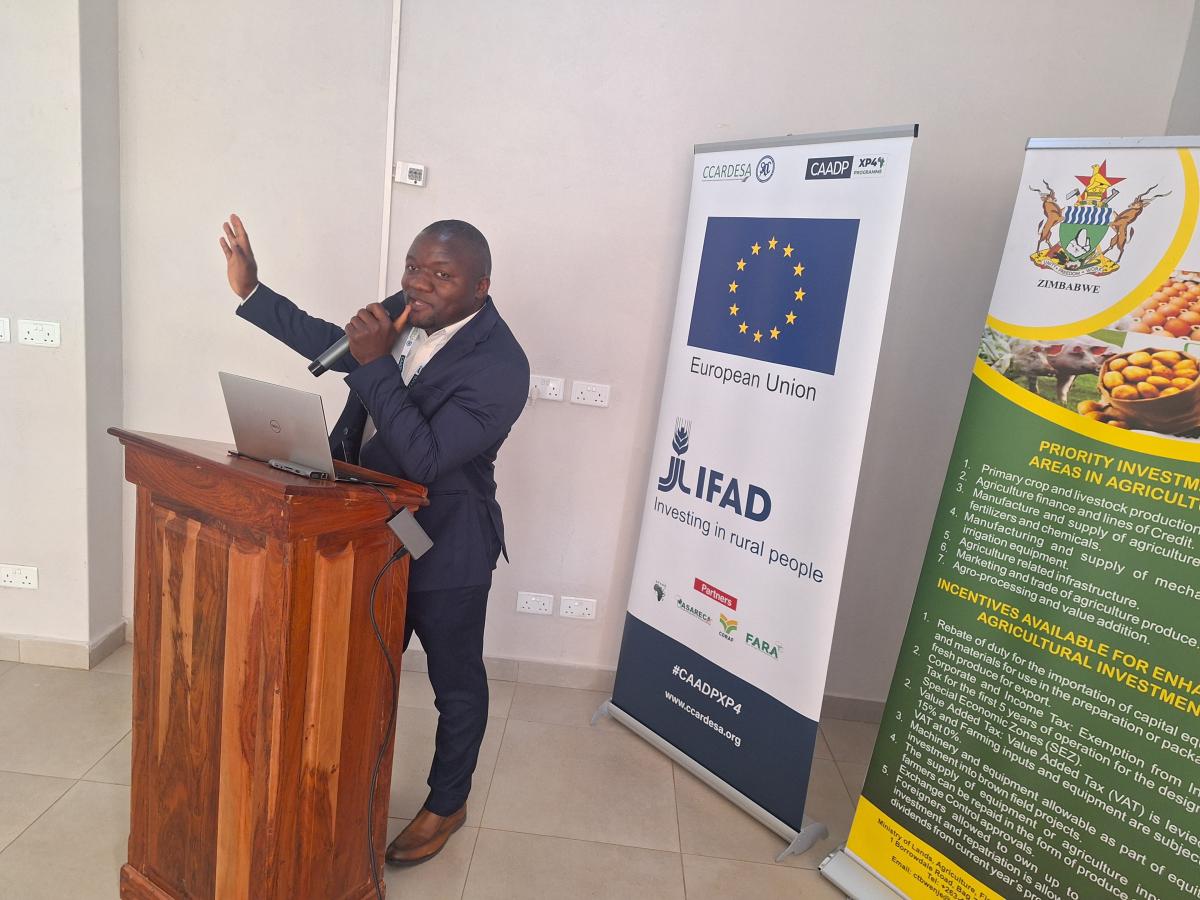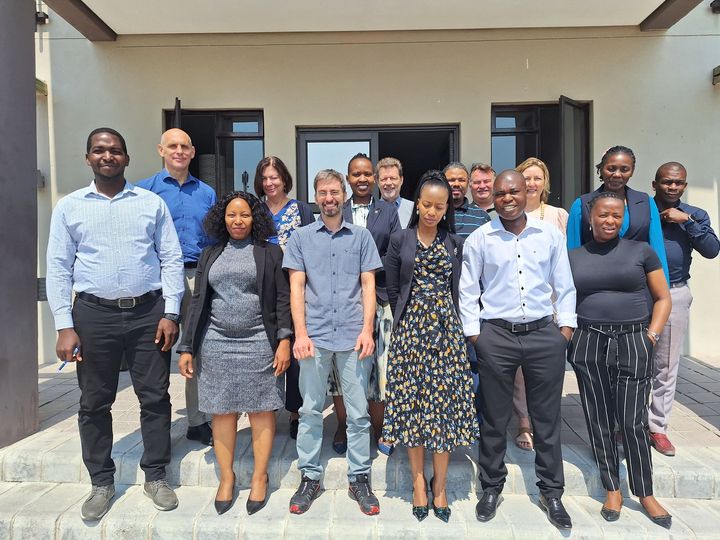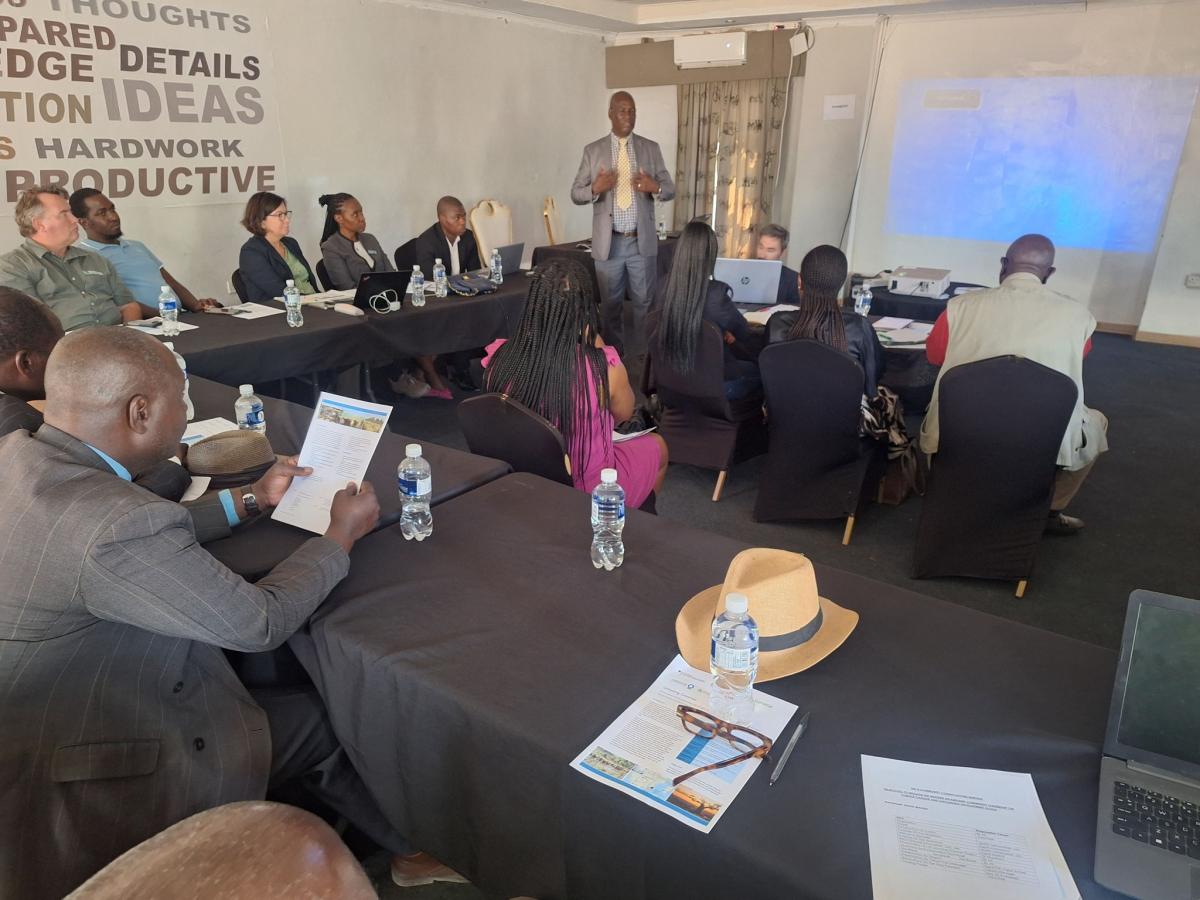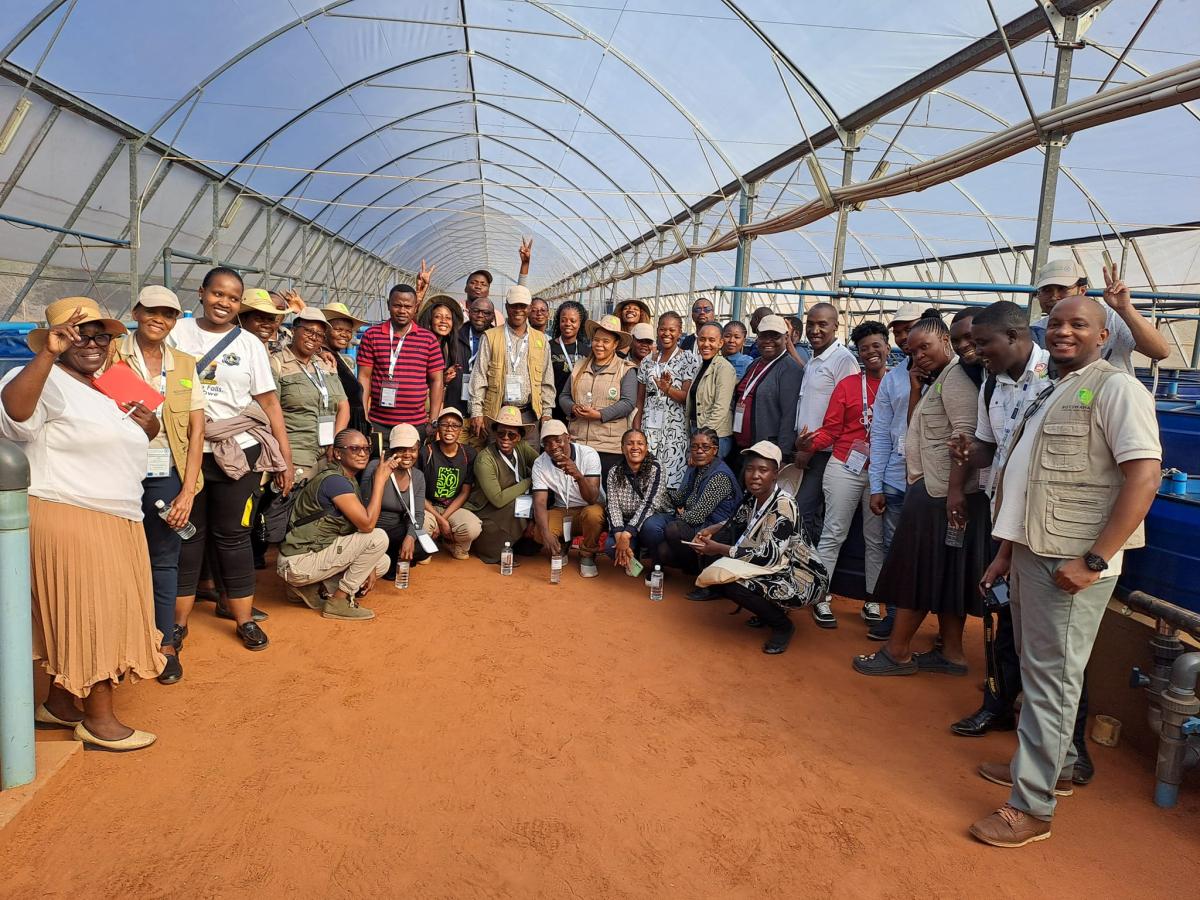Pilot Study - Results from on-farm trials conducted in cropping season 2017/2018
This Pilot Study is a summry to address increasing threats of climate change and declining soil fertility, a cross regional agronomic study was conducted in southern Africa, covering 19 on-farm communities in contrasting agro-ecologies ranging from around 500 mm to more than 1800mm of rainfall. The 19 on-farm communities have been under long-term research by CIMMYT and national partners in Malawi, Zambia and Zimbabwe. The aim of this study was to assess how different climate-smart agriculture technologies perform under a variable climate and to pilot new doubled-up legume systems of groundnuts with pigeonpea in 6 selected target communities.
ZARI
Thierfelder. C. (2018). Pilot Study - Results from on-farm trials conducted in cropping season 2017/2018. CIMMYT.


